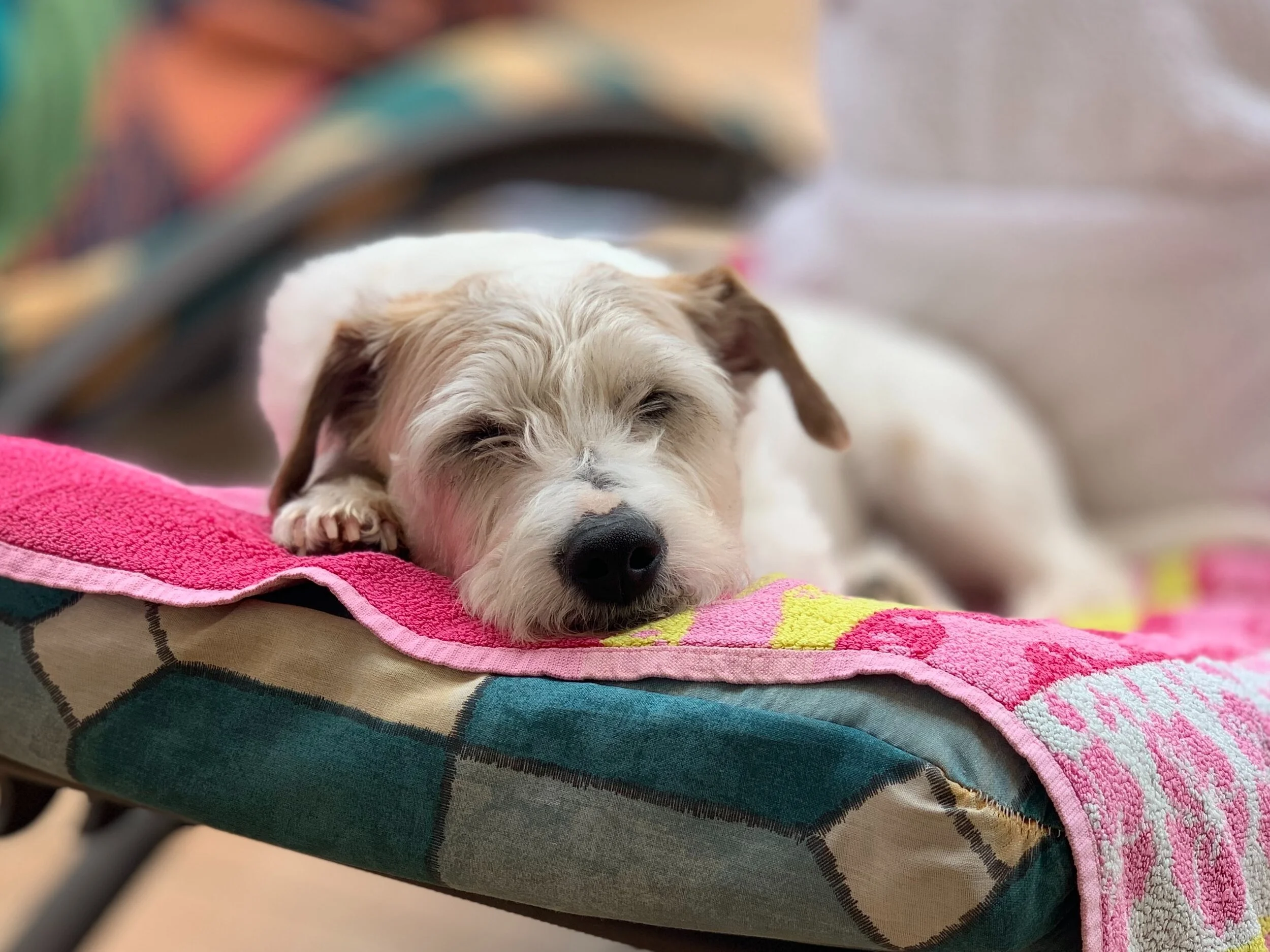Kennel cough, also known as canine infectious respiratory disease or canine infectious tracheobronchitis is a highly contagious respiratory disease in dogs. Kennel cough can cause mild symptoms in some dogs but can progress into life-threatening pneumonia in other dogs. Read our guide to understand how to prevent, recognise and treat this respiratory illness in your pet.
What is kennel cough?
“Kennel cough is an upper respiratory infection caused by a range of highly infectious diseases that can affect dogs and less commonly cats”.
Kennel cough is characterised by a persistent dry, honking cough, which many describe as sounding like a goose honk. It is called kennel cough as it can spread quickly amongst dogs in close quarters such as kennels and shelters. Dogs that spend a lot of time playing with other dogs in parks can also pick up the infection.
Kennel cough spreads through airborne droplets produced by sneezing and coughing as well as contact with contaminated surfaces.
“Symptoms of kennel cough usually begin 3-10 days after exposure and can persist for several weeks”.
What are the symptoms of kennel cough?
“The most common sign of kennel cough is a persistent, dry honking cough. Many describe it as sounding like a goose honk”.
The cough can be triggered by excitement, pressure on the neck (such as pulling on the collar) or activity.
Common symptoms of kennel cough include:
Persistent, dry honking cough
Eye and nasal discharge
Sneezing
Lethargy (more severe)
Low grade fever (more severe)
Loss of appetite (more severe)
“A coughing cat or dog also showing symptoms of poor appetite, lethargy and/or fever should be evaluated for pneumonia”.
How contagious is kennel cough?
Kennel cough is highly contagious. If you think your dog or cat might have kennel cough, you should isolate them from other animals, practice good hygiene and contact your veterinarian.
Which pet breeds can get kennel cough?
Any dog or cat breed of any age can develop kennel cough under the ideal conditions. Puppies and kittens as well as dogs and cats with compromised immune systems are particularly susceptible. Flat nose breeds such as pugs, bulldogs and boxers are also at risk due to the anatomy of their respiratory airways.
How is kennel cough treated?
Kennel cough may be of brief duration and mild enough to warrant no treatment at all or it may progress all the way into a life-threatening pneumonia depending on the infectious agents involved and the immunological strength of the patient.
Most dogs recover completely within 3 weeks, although it can take up to 6 weeks for older dogs or those with medical conditions. Mild cases may resolve at home with rest and care. If the dog or cat’s symptoms are severe or fail to improve quickly, veterinary care will be necessary.
Your vet may prescribe medications such as antibiotics, anti-inflammatory drugs or cough suppressants to speed the recovery or minimise the symptoms during the course of infection.
Because serious, ongoing kennel cough can lead to pneumonia be sure to get in touch with your veterinarian if you suspect your pet has kennel cough.
How can I prevent kennel cough?
Vaccinating your dog or cat for kennel cough is a simple and effective way to protect them from this serious and sometimes life threatening disease. A vaccine is available and is generally recommended if your dog is exposed to a number of unknown pets. If you plan to take your pet to a boarding kennel a vaccine will typically be required.
An initial course of vaccinations will be required, followed by an annual booster. For dogs, this is normally combined with canine distemper, hepatitis and parvovirus vaccinations.
If you have any questions about your coughing cat or dog or to protect your pet from kennel cough, please call us on 03 8784 4444.







